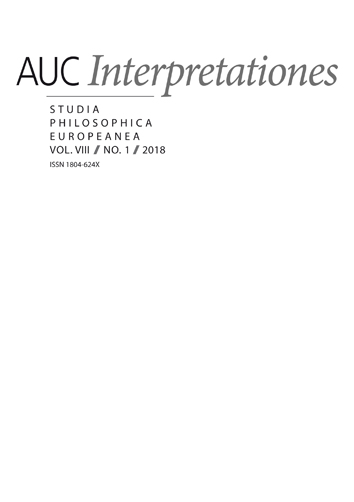Hegel et le seuil de la rationalité historique, le concept de barbarie dans les Leçons sur la philosophie de l’histoire
Hegel and the threshold of historical rationality, the concept of barbarism in Lessons on the philosophy of history
Author(s): Manuel TangorraSubject(s): German Idealism
Published by: Univerzita Karlova v Praze, Nakladatelství Karolinum
Keywords: G. W. F. Hegel; rationality; barbarism, philosophy of history
Summary/Abstract: Through a reading of Hegel’s Lectures on the Philosophy of History, the following article proposes an analysis of the cleavage between historical and un-historical nations, that is, of the opposition between civilization and barbarism. If the development of history represents the progress of the selfconsciousness through its different manifestations, Hegel identifies a radical alterity that remains excluded from such a rational path. By locating its paradigmatic expression in the “African character”, Hegel identifies barbarism as the pathological deviation of spiritual activity that prevents any ethical objectification, any stable political, religious or cultural institution. The inferiorization of the barbarian, however, does not lead to its animalization. Rather it designates a specifically human subjectivity, which, on a given geographical situation, is incapable of developing its freedom in a historical course. Without questioning the universality of the humankind – that is, without subscribing to any naturalistic fatalism – Hegel structures a hierarchy of spiritual existences, that reveals itself as essential for the eurocentric construction of world history.
Journal: Acta Universitatis Carolinae Interpretationes
- Issue Year: 8/2018
- Issue No: 1
- Page Range: 49-65
- Page Count: 17
- Language: French

